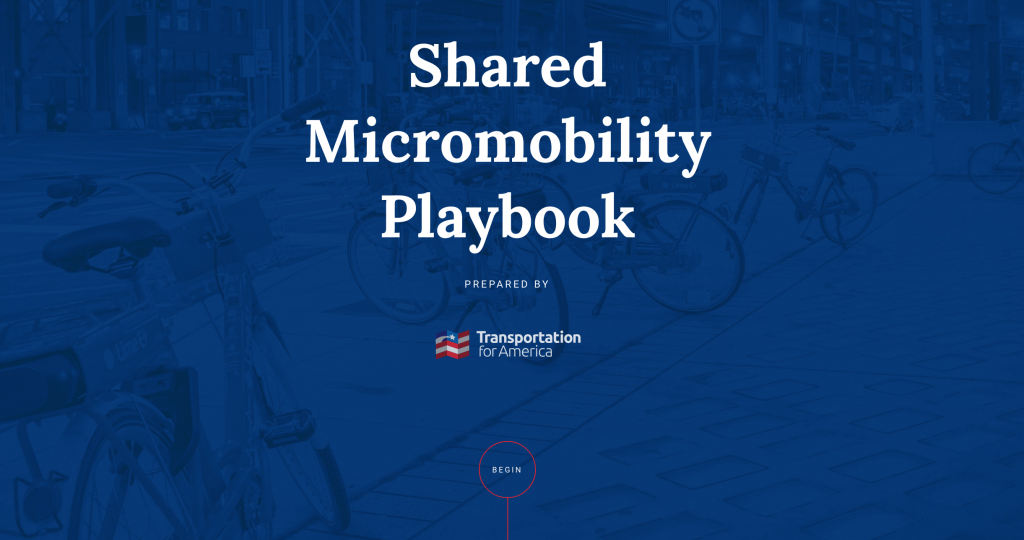Portland, Maine has begun to develop a regional bikeshare program thanks to initial technical assistance provided through the Environmental Protection Agency’s (EPA) Building Blocks for Sustainable Communities program.
Portland’s Planning and Urban Development Department applied for EPA’s 2013 grants under the leadership of Jeff Levine. Portland residents, Mr. Levine noticed, already had a strong interest in alternative transportation.
“There’s a big commitment in Portland toward the environment and sustainability,” said Levine. “The challenge is providing an infrastructure that can help people to meet that goal.”
Residents were interested in a bikeshare program, but Portland needed a catalytic event to kick-start the project.
EPA’s workshops and forums, conducted earlier this month, jumpstarted the city’s efforts to implement a bikeshare program. Mr. Levine believes EPA’s time in Maine brought a necessary and “strong focus on the issue”. Residents and local officials participated in the sessions strategizing how Portland can make a bikeshare program a reality. With the project underway, Portland and the project’s supporters now must develop a business plan for a bikeshare program.

